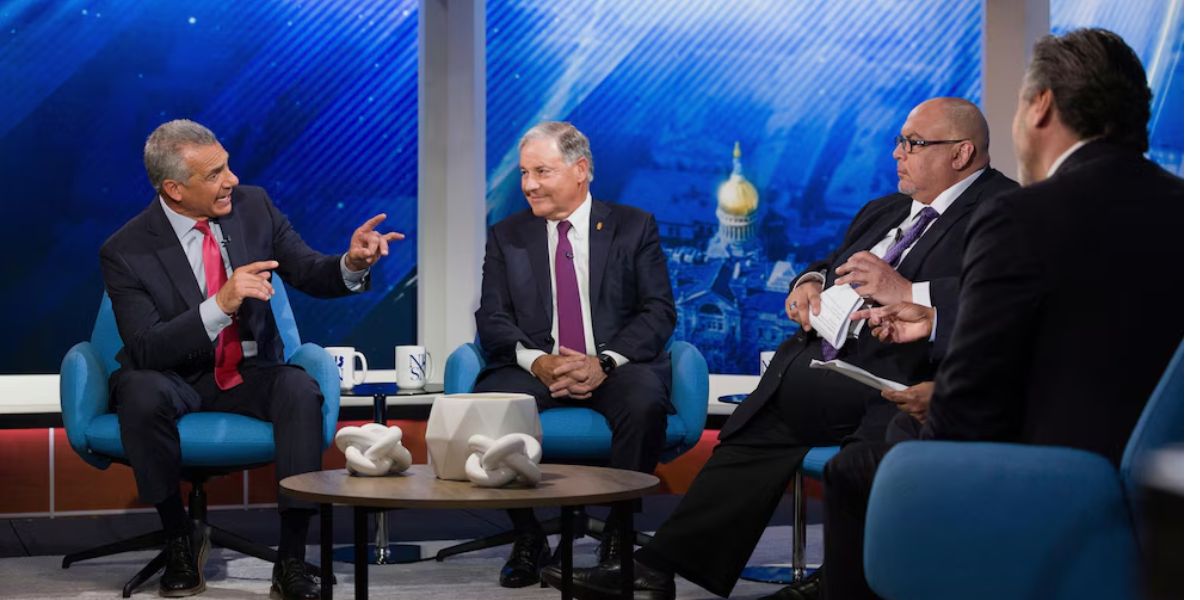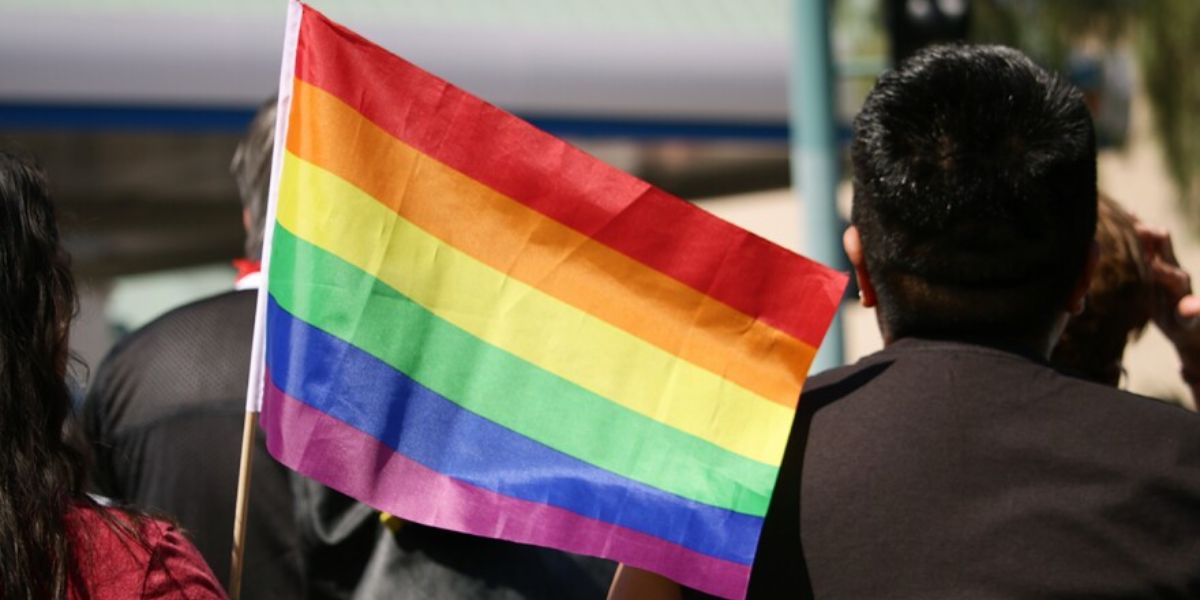In a contest that could reveal how the public is reacting to President Donald Trump’s agenda and how Democratic voters believe their leaders should resist, New Jersey voters will decide the Democratic and Republican primary for governor on Tuesday.
There are only two states running for governor this year, New Jersey and Virginia, and the fact that Democratic Governor Phil Murphy, who has served two terms, is term-limited has added drama to the contest.
On the Democratic side, there are six contenders, including a number of seasoned politicians. Trump may have benefited from his support of former state lawmaker Jack Ciattarelli on the Republican side, where he is up against four main opponents.
Although Tuesday is the only day to vote, polls are open from 6 a.m. to 8 p.m. From June 3–8, early in-person voting took place. Voters started receiving mail-in ballots in April.
National politics will undoubtedly play a role, but New Jersey issues like high property taxes and the skyrocketing cost of living will play a part in the contest.
With his endorsement, Trump, who has long maintained a strong presence in New Jersey, entered the race and attacked Democratic control of state government. Following the sting of crushing defeats in 2024, Democrats are searching for a winning message and leadership.
“Because these are the first major elections since Donald Trump’s return to the White House, there’s a tremendous amount at stake simply through public perception,” Ben Dworkin, director of the Rowan Institute for Public Policy & Citizenship stated.
For Democrats? He stated, “They’ll just get further in a hole if they don’t hold this seat.”
For the Republicans? According to Dworkin, they might prevail because New Jersey is typically purple during gubernatorial years, but that would be seen as a huge win for Trump.
The Democratic candidates include U.S. Representatives Josh Gottheimer and Mikie Sherrill, former state Senate President Steve Sweeney, teachers union President Sean Spiller, and Mayors Ras Baraka of Newark and Steven Fulop of Jersey City.
Tens of millions of dollars were spent in one of the most costly media markets in the nation during the fiercely contested and costly Democratic campaign.
Read Also: Trump Proposes Cuts to Pell Grants, Raising Concerns Over College Access
The majority of the Republican contenders vowed to support the president’s agenda and pushed for a state-level equivalent of the Department of Government Efficiency, which was established under the Trump administration.
In a pitch tailored to New Jersey, they also called for the repeal of the state’s 2020 law that forbade the use of single-use plastic bags and stated that they would terminate so-called sanctuary policies.
On his first day in office, Ciattarelli has stated that he will sign an order repealing New Jersey’s Immigrant Trust Directive, which prohibits local law enforcement from collaborating with federal authorities on civil immigration cases.
Read Also: Massachusetts Moves to Ban Controversial Headlights in Effort to Improve Road Safety
Additionally, he has stated that he would order the attorney general he appoints to stop lawsuits against the Trump administration, including one that seeks to halt the president’s order terminating birthright citizenship for individuals whose parents entered the country illegally.
Term limits prevent Murphy from running again, and he hasn’t endorsed a successor in the primary. Murphy was the first Democrat to be reelected in over 40 years in 2021.
Both parties will try to capitalize on the general dissatisfaction of voters in their campaigns. For Democrats, that entails concentrating on the unpopular aspects of Trump’s aggressive second-term agenda.
Meanwhile, Republicans are blaming Democrats, who have controlled state government for the past eight years, for economic difficulties.
For decades, New Jersey has consistently supported the Democratic Party in Senate and presidential elections. However, the odd-year gubernatorial contests have a tendency to fluctuate, and the last three Republican governors have all secured a second term.
Republicans have about 800,000 fewer voter registrations than Democrats, who hold the largest percentage of the state’s registered voters. Independent voters are next in line.
However, the GOP has gained ground in recent years, cutting the Democrats’ lead to the current level of over a million additional registrations.



